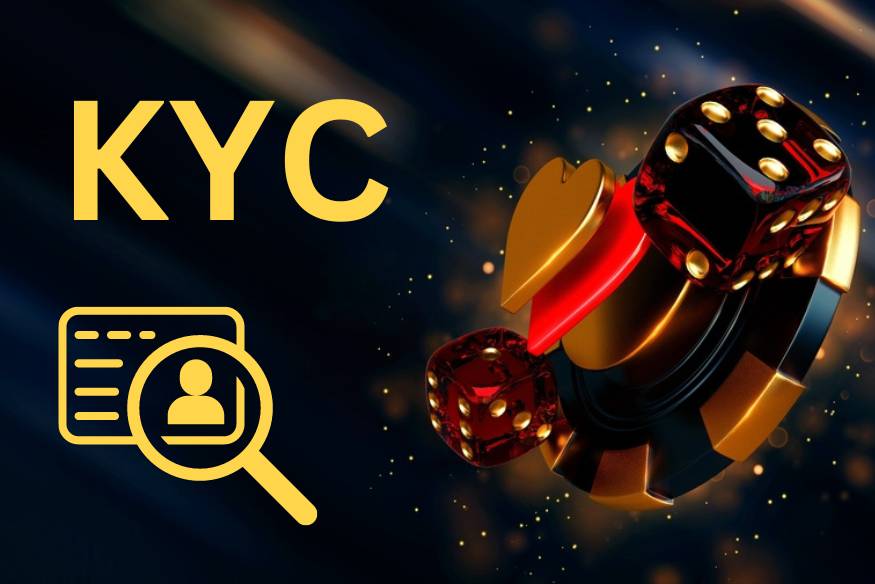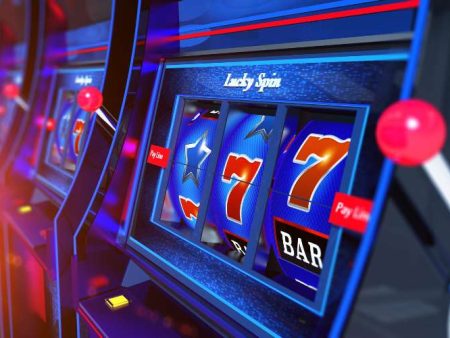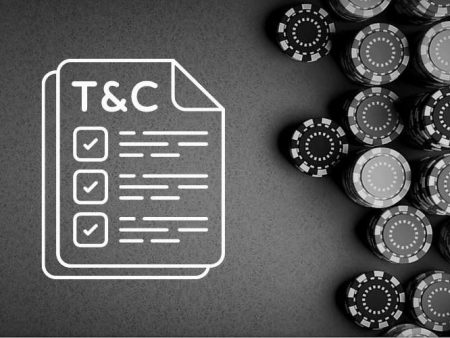
What is KYC in Casinos, and Why Gambling Platforms Need It?
Know Your Customer (KYC) is a critical procedure used by casinos and other financial institutions to verify the identity, suitability, and risks involved with maintaining a business relationship with a customer. In the context of UK casinos, KYC procedures are mandated by the UK Gambling Commission (UKGC) to ensure that gambling platforms operate fairly, safely, and responsibly. These measures are crucial to prevent underage gambling, money laundering, and other illicit activities.
Casinos need KYC to:
- Prevent Underage Gambling: Ensuring that all players are legally allowed to gamble.
- Combat Money Laundering: Identifying and reporting suspicious activities that may involve money laundering.
- Promote Responsible Gambling: Identifying players who may be at risk of gambling addiction.
- Ensure Fair Play: Maintaining the integrity of the games and the platform.
By adhering to these regulations, casinos help foster a safer gambling environment, protecting both the players and the integrity of the industry.
Age Verification by Online Casinos
Age verification is a critical aspect of the KYC process. Online casinos must verify that all players are at least 18 years old, as required by UK law. This process typically involves:
- Automated Verification Systems: These systems can quickly cross-check the provided information against various databases.
- Manual Verification: When automated systems fail to verify age, casinos may request additional documentation, such as a passport or driving licence.
Online casinos must complete age verification before allowing any real-money gambling activities. This ensures that no minors can participate in gambling activities, safeguarding them from potential harm and fulfilling the legal obligations of the casino.
What Does Account Verification Involve?
Account verification is a comprehensive process that goes beyond simply verifying a player’s age. It typically includes:
- Identity Verification: Confirming the player’s identity through government-issued identification documents.
- Address Verification: Ensuring the player’s residence through utility bills, bank statements, or other official documents.
- Payment Method Verification: Verifying that the payment methods used by the player are legitimate and belong to them.
This process helps in:
- Ensuring the security of transactions
- Preventing fraudulent activities
- Confirming the legitimacy of the player’s source of funds
Account verification is a mandatory step before any significant transactions can occur, ensuring that both the casino and the player are protected.
What Types of Documents Are Typically Required?
To complete the KYC process, fast withdrawal casinos generally require several types of documents. These documents serve to verify the player’s identity, address, and payment methods. The typical documents requested include:
- Proof of Identity: Passport, driving licence, or national ID card.
- Proof of Address: Recent utility bills, bank statements, or council tax bills (usually not older than three months).
- Proof of Payment Method: Bank statements, credit card statements, or screenshots of e-wallet accounts.
These documents must be clear, legible, and up-to-date to ensure that the verification process is smooth and efficient.
Table: Commonly Required Documents for KYC
| Verification Type | Commonly Accepted Documents |
| Identity Verification | Passport, Driving Licence, National ID |
| Address Verification | Utility Bill, Bank Statement, Council Tax |
| Payment Verification | Bank Statement, Credit Card Statement, E-wallet Screenshot |
Providing the correct documents in the right format can significantly speed up the verification process and reduce the chances of any delays.
Common Mistakes to Avoid During Account Verification
During the KYC process, players often make mistakes that can delay their account verification. Some of the most common mistakes include:
- Submitting Expired Documents: Always ensure that the documents are current and valid.
- Providing Incomplete Documents: Submitting only part of a document (e.g., a cropped image) can cause delays.
- Poor Quality Scans or Photos: Ensure that the images are clear and legible.
- Ignoring Address Requirements: Use only official documents that show the full address clearly.
- Mismatched Information: Make sure that the details on the documents match the information provided to the casino.
Avoiding these common errors can help expedite the verification process, allowing for a quicker and smoother gambling experience.
How Long Does the Verification Process Usually Take?
The time required to complete the KYC process can vary depending on several factors. Typically, it can take anywhere from a few hours to several days. Factors that influence the duration include:
- Efficiency of the Casino’s Verification System: Automated systems are faster, but manual checks can take longer.
- Quality and Completeness of Submitted Documents: Clear and complete documents can speed up the process.
- Volume of Verification Requests: During peak times, the process might take longer due to high demand.
Most UK casinos strive to complete the verification process within 24 to 48 hours with some being able to execute withdrawals in under 1 hour. However, any issues with the submitted documents or additional checks required can extend this timeframe.
Can UK Casino Players Avoid KYC?
In the UK, it is not possible to completely avoid the KYC process at regulated casinos. The UKGC requires all licensed gambling operators to verify the identity and age of their players.
What Does a UKGC Casino Do Upon Detecting Underage Gambling?
When a UKGC-licensed casino detects underage gambling, it is required to take immediate and stringent actions. These include:
- Immediate Account Suspension: The account of the underage player is suspended immediately.
- Refund of Deposits: Any deposits made by the underage player are refunded, but winnings are forfeited.
- Notification to Authorities: The casino must report the incident to the UKGC.
- Review of Internal Processes: The casino will review and possibly strengthen its verification processes to prevent future occurrences.
These measures are in place to protect minors from the risks associated with gambling and to ensure that the casino complies with legal requirements.
Is KYC Different From CDD?
While KYC (Know Your Customer) and CDD (Customer Due Diligence) are related, they are not identical. KYC is a part of the broader CDD process. Here’s how they differ:
- KYC: Primarily focuses on verifying the identity of the customer. This includes collecting and verifying information such as name, age, address, and payment details.
- CDD: Encompasses KYC but also includes ongoing monitoring of the customer’s activity. This is to identify any suspicious or unusual transactions that may indicate money laundering or other illegal activities.
CDD is a more comprehensive and ongoing process, while KYC is typically a one-time verification procedure done during the account creation phase.
Are Demo Games Available for Play Without a Verified Casino Account?
No, demo games are not available for play without a verified casino account. The UKGC requires all gambling operators to verify the age and identity of customers before allowing them to gamble. This ensures that only legitimate players are allowed to participate in gambling activities.
How KYC Affects Withdrawal Times
The KYC process significantly impacts withdrawal times in online casinos. Casinos are legally obligated to ensure that all withdrawals are processed only for verified accounts. This can affect withdrawal times in the following ways:
- Initial Verification: If an account has not yet been verified, the first withdrawal request will trigger the KYC process, which can take up to several days.
- Document Re-submission: If additional documents are needed or initial submissions are inadequate, withdrawal can be delayed.
- Regular Monitoring: Occasionally, casinos might re-verify accounts to ensure ongoing compliance, which can temporarily affect withdrawals.
Once an account is fully verified, subsequent withdrawals are typically faster, as the primary KYC checks have already been completed.
KYC and Withdrawal Times
| Stage of Verification | Typical Duration | Impact on Withdrawals |
| Initial Verification | 24-48 hours | Withdrawal requests are delayed until completion |
| Document Re-submission | Variable (1-3 days) | Additional delays based on document submission |
| Ongoing Monitoring | Occasional (24-48 hours) | Temporary hold on withdrawals if re-verification is required |
Understanding the KYC requirements and preparing accordingly can help players ensure smoother and faster transactions within UK casinos. This comprehensive approach not only ensures compliance with legal requirements but also enhances the overall security and fairness of the gambling environment.





